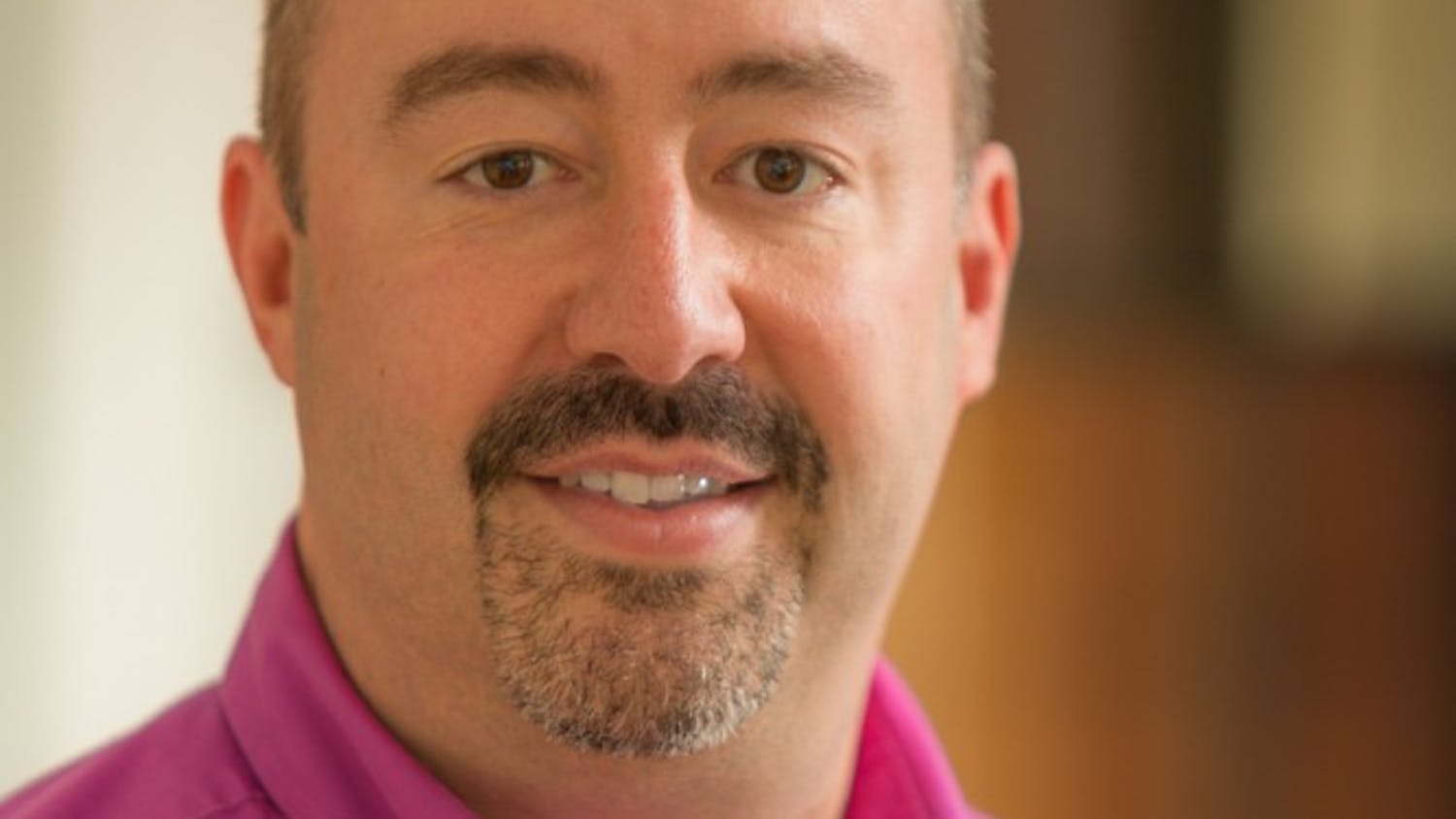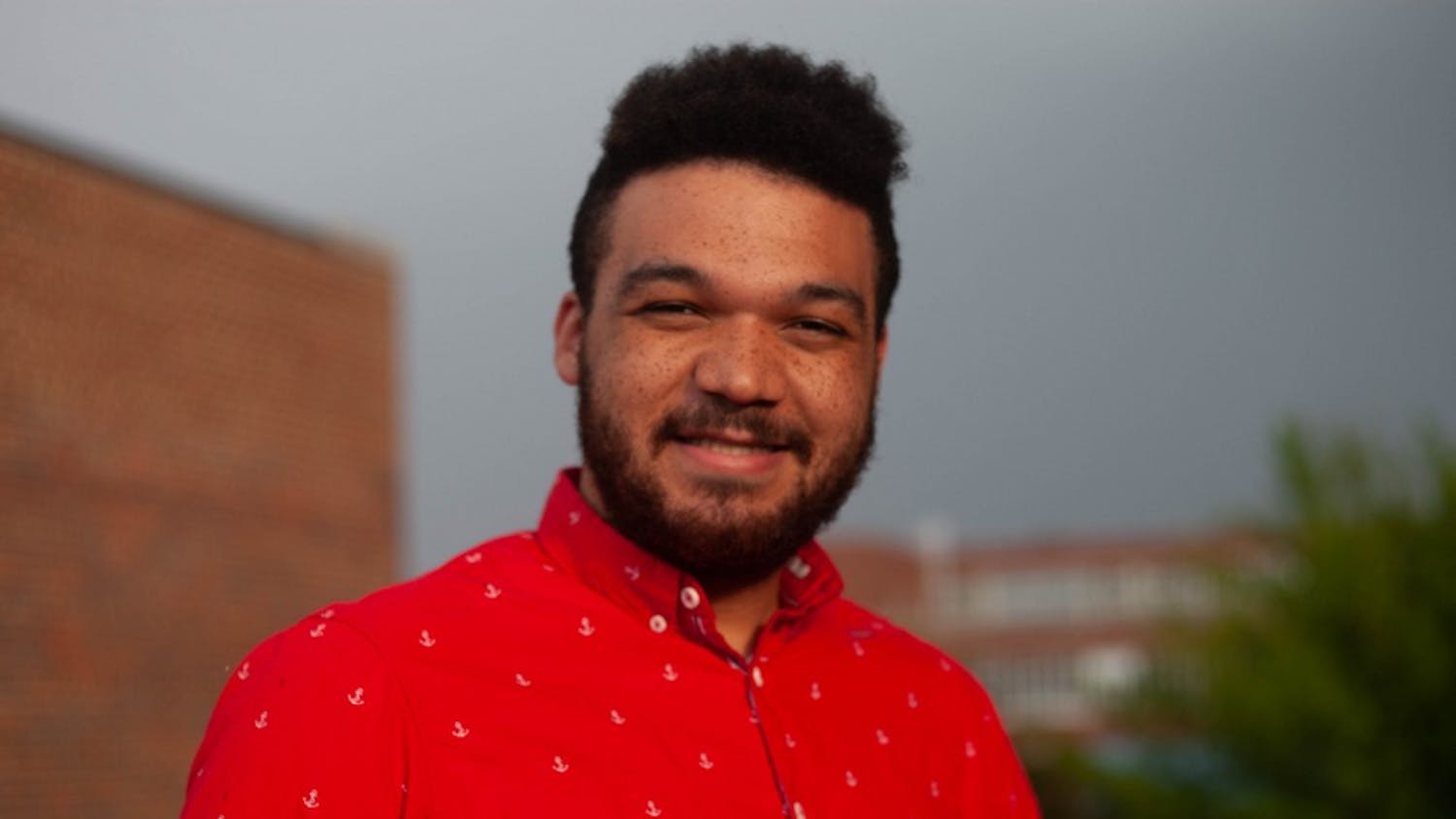Letter: Carolina needs to prove that we are 'For All Kind'
" We have abdicated this duty for far too long – on a municipal, state and national level – from our academic institutions to our criminal justice system – in the most pervasive and consequential ways. The time for reform is now, and in taking this action, UNC can fulfill its promise to be 'For All Kind.'”













